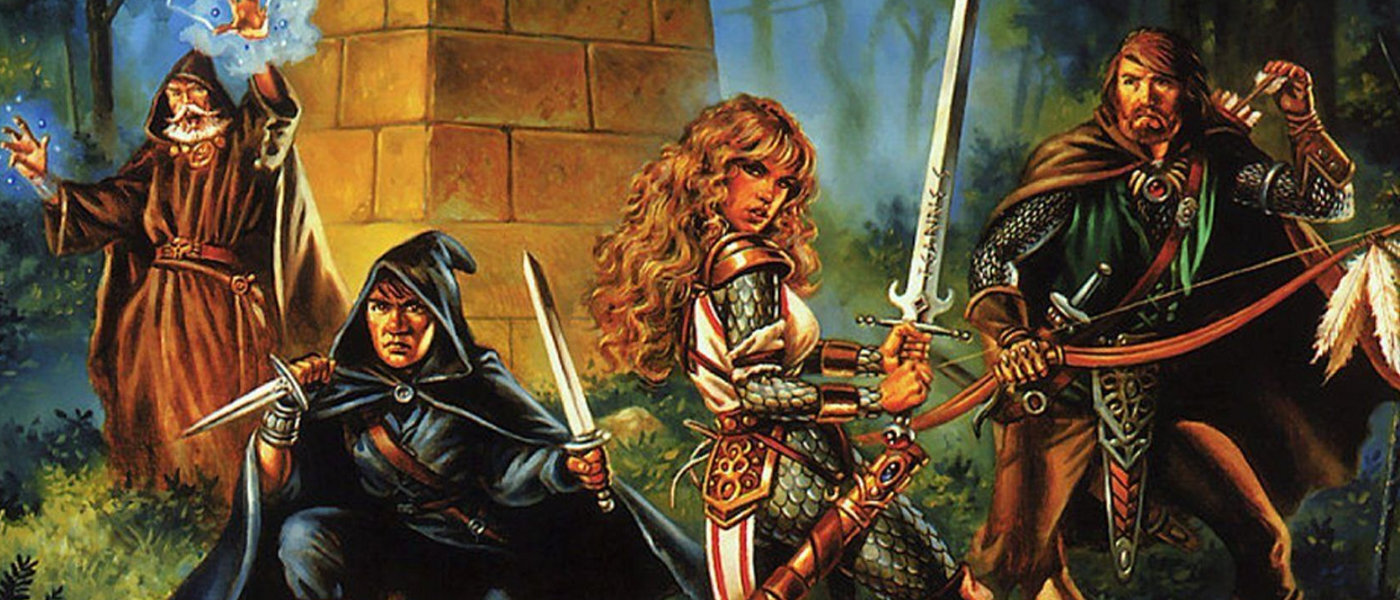How to Choose Your D&D Class, Part I
Class in D&D is arguably the most important decision you can make for your character. With 13 classes and nearly three dozen subclasses to choose from, it can be overwhelming to find the right class for your character. In this next part of our Character Creation Toolkit series, we discuss different approaches and mindsets to pick the right class for you, your character and your party.
What is class in D&D 5e?
Dungeons & Dragons pioneered the concept of class when Gygax’s fantasy war game adaptation included them in the 1970s. Since then, class has become a staple for roleplaying games and refers to a character’s job, role, or vocation. Simply put, class is what your character does. And your class and identity are largely intertwined.
Why is your D&D class important?
Choosing a class is arguably one of the most important decisions you can make for your character. It determines the abilities and skills that shape how they interact and explore the world around them.
Your class also determines what weapons, armor, skills, or spells your character has access to. Therefore, it directly determines how a character handles while playing.
Influences Ability Scores & Saving Throws
For most players, class also guides the ability scores, you assign to your character’s traits. They also determine the saving throws your character is proficient in.
All classes have traits they emphasize over others. For example, a bow-loving Ranger or sneaky Rogue will want high Dexterity to make the most of their skills. On the other hand, an in-your-face Fighter will emphasize Strength and Constitution while your spell-slinging Wizard will max out their Intelligence.
Putting your highest ability scores in your class’s preferred traits will maximize your effectiveness with higher probabilities of success. However, there are other ways of picking ability scores such as the roleplaying method that emphasizes storytelling over optimization.
Check out our post on how to pick ability scores to learn more.
Solidifies Your Role
Each class has its own unique skills and abilities, allowing characters to take on specific roles for the group. Fighters love to tank and intimidate. Rogues relish stealthy recon and backstabbing their enemies. Clerics are happiest keeping the party in top shape. The trick to picking the best class for you is to select one that best fits your favorite role or playstyle.
Your class can also determine sub-roles, like cartographer. A Ranger Outlander from the North that can never get lost would be an expert mapmaker and navigator. Depending on your table and what materials your DM provides, creating your own maps, especially during dungeons crawls, is incredibly helpful for exploration.
Having a cartographer in the group is also an easy hook for DMs to roll the group into new adventures via ancient ruins, haunted barrows, or other fantastic locations the party might find.
Remember that combat is typically a small part of a campaign. Having things to do outside encounters will keep you engaged in the game while benefitting your party.
Flavors Roleplaying
We argue that a well-defined character can thrive being any class. But, it also goes without saying that your class can directly influence how you roleplay your character.
For example, Barbarians and Bards roleplay completely differently. But you could also have fun turning stereotypes on their head by playing a flamboyant Barbarian or monosyllabic Bard.
Using class as a guideline to how you roleplay is a great shortcut to get into character. But if you’re interested in doing something different, consider turning those archetypes on their heads by developing an interesting person first. Then see what class they fall into.
What D&D Class Should I Play?
The class you should play is always the one that’s going to bring the most joy to you and your table. Remember, this is a collaborative game and your character is but one of the cast members. Is picking a dark edge lord with a tortured past really the best conduit for collaborative group storytelling? Or, will you have more enjoyment being awesome as a team?
What brings you joy will likely be different from others at your table. It might also shift over time as you develop. In my early days of D&D, I wanted to be awesome at all the things. Now, I focus more on character development and group storytelling, and class or optimization aren’t important.
Also, realize that this isn’t the only class you’re ever going to play. And if you’re just starting out, most DMs are pretty cool about letting you switch classes if you’re not feeling it. Knowing your preferences in relation to what classes are available lets you enjoy the game in a variety of ways.
Personality Before Class
Remove classes from the equation. Who is this person? What’s their background? What abilities and skills do they have? How did they learn them? Do they have a prior history with the other party members? How has this influenced their development or teamwork? Based on that, what class best suits your character?
However you get there, focus on what you enjoy most, or what you’ll think you’ll enjoy most, and then be good at that thing. A party functions best with specialists, not generalists. This also gives everyone a chance to shine.
So remember, choosing your class is one of the most impactful decisions you’ll make when creating your character. We covered a few approaches to picking your class, like honing in on your preferences, identifying specific roles you might want to play, and building a character first to inform your class.
Check out our next post where we dive into each class to discuss playstyles, roleplaying, and other class-related tips.







